 For more information on the topic of food, check out the University of Michigan’s Center for Sustainable Systems' U.S. Food System Factsheet.
For more information on the topic of food, check out the University of Michigan’s Center for Sustainable Systems' U.S. Food System Factsheet.
The curated collection below contains 7 videos, 6 podcasts and 5 games/activities. To access the resource, click on the image below the resource title.
Videos:
The Carbon Footprint Of A Sandwich
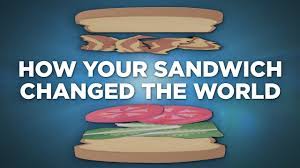 Grade Level: 3-8
Grade Level: 3-8
Duration: 3 minutes 5 seconds
Description: This video from NPR's Skunk Bear traces the carbon footprint of a BLT. Through this engaging video, students will learn how a simple sandwich impacts the planet.
Kids Go Green: Reducing Food Waste
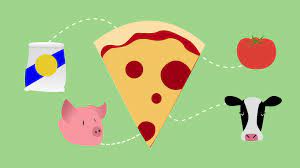 Grade Level: K –5
Grade Level: K –5
Duration: 1 minute 54 seconds
Description: This video animation from WNET discusses the environmental consequences of food waste. Additionally, students will learn ways they can decrease the food waste that they produce.
Vermicomposting: How worms can reduce our waste - Matthew Ross
 Grade Level: 6–12
Grade Level: 6–12
Duration: 4 minutes 29 seconds
Description: This video animation from TED-Ed by PBS Digital Studios discusses vermicomposting as a way to reduce food waste. Students will learn how to create a worm bin to compost their food scraps. Note: This video mentions the sexual reproduction of worms.
What is the Environmental Impact of Feeding the World? | California Academy of Sciences
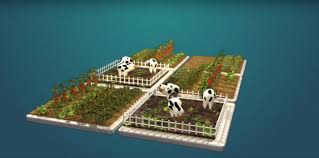 Grade Level: 6 –12
Grade Level: 6 –12
Duration: 4 minutes 43 seconds
Description: This short video from the California Academy of Sciences explores the impact that food production has on the planet. Students will learn about ways humans can reduce the negative environmental effects of the food we eat.
The diet that helps fight climate change
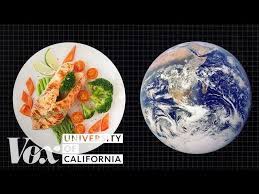 Grade Level: 6–12
Grade Level: 6–12
Duration: 5 minutes 39 seconds
Description: This video from Vox discusses small changes humans can make to mitigate the negative impact that their diets have on the environment. Note: This video suggests reducing consumption of certain meat products, which may not be advisable for some individuals depending on their age group and health conditions.
Beef is Bad for the Climate… But How Bad? | Hot Mess
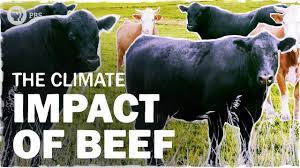 Grade Level: 6-12
Grade Level: 6-12
Duration: 4 minutes 59 seconds
Description: This video from Hot Mess by PBS Digital Studios discusses the environmental impacts of the beef industry. Students will learn about ways in which beef production could be altered to reduce some of the negative effects it has on the planet. Note: This video suggests reducing consumption of certain meat products, which may not be advisable for some individuals depending on their age group and health conditions.
Waste Deep
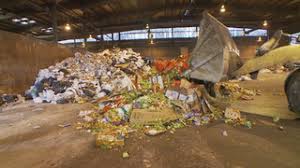 Grade Level: 6-12
Grade Level: 6-12
Duration: 5 minutes 26 seconds
Description: This video from America Revealed, provided by PBS LearningMedia, discusses food waste in America. Students will learn alternatives to throwing out food waste in a regular garbage can and why food waste is a problem in the U.S.
Podcasts:
How To Compost At Home
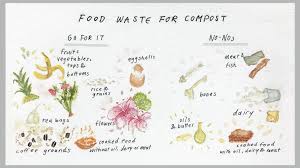 Grade Level: 9-12 (may be suitable for younger audiences with a long attention span)
Grade Level: 9-12 (may be suitable for younger audiences with a long attention span)
Duration: 17 minutes 58 seconds (story starts at 1 minute 24 seconds)
Description: This episode of Life Kit from NPR gives simple instructions to start composting. It explains different ways of composting so students can learn about the best method of composting for their living situation.
How To Reduce Food Waste
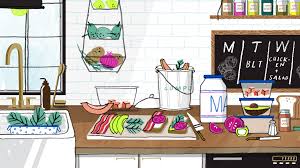 Grade Level: 9-12 (may be suitable for younger audiences with a long attention span)
Grade Level: 9-12 (may be suitable for younger audiences with a long attention span)
Duration: 20 minutes 15 seconds (story starts at 1 minute 31 seconds)
Description: This episode of Life Kit from NPR will give students tips for reducing their food waste and explains why making these changes is important for the health of the planet.
As Global Hunger Rises, Consider This: Nearly 1/5 Of The World's Food Ends Up In The Trash
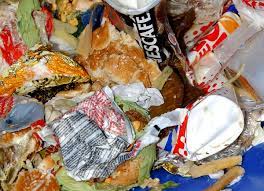 Grade Level: 6-12
Grade Level: 6-12
Duration: 6 minutes 20 seconds
Description: This story from Boston’s NPR station, WBUR, discusses the findings of a recent United Nations report which estimates that 17% of the global food supply is wasted. Additionally, students will learn ways in which individuals can reduce food waste.
Title: Sustaining Food: Cutting the Carbon Footprint of Food Production, Transportation, and Disposal
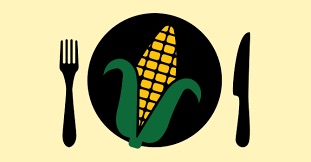 Grade Level: 9-12
Grade Level: 9-12
Duration: 22 minutes 27 seconds
Description: This episode of Population Healthy from the University of Michigan School of Public Health discusses sustainability and the environmental impacts of the food system. Students will learn how the stages of food production, transportation, and disposal impact the planet and how individuals can reduce the greenhouse gas emissions associated with their food.
The Environmental Cost Of Growing Food
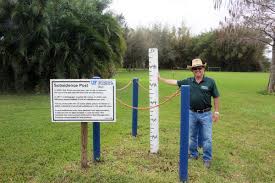 Grade Level: 9 - 12
Grade Level: 9 - 12
Duration: 5 minutes 12 seconds
Description: This short NPR story covers the environmental impact of agriculture by looking at the example of the Everglades Agricultural Area. It also explores the conflict between farmers and environmentalists in the region. Students will learn the ways that economists are accounting for the environmental cost of food production.
Eating Less Meat Helps The Environment. Here Are Recipes To Help
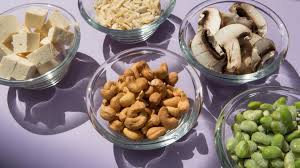 Grade Level: 9-12
Grade Level: 9-12
Duration: 17 minutes and 9 seconds
Description: This is an episode of Life Kit from NPR. Students will hear tips on how to reduce the amount of meat they eat as a way to help the environment. The webpage where this podcast is found also includes some plant-based recipes for listeners to try. Note: This podcast suggests reducing consumption of certain meat products, which may not be advisable for some individuals depending on their age group and health conditions.
Games/Activities:
Reducing Food Waste Activity Book
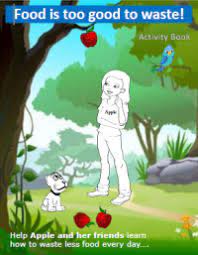 Grade Level: 1-4
Grade Level: 1-4
Duration: Varies
Description: This coloring book from the Environmental Protection Agency (EPA) allows students to explore the problem of food waste through fun activities and coloring pages. Students will learn why it is important to reduce food waste and how they can do so in their own lives.
Climate change food calculator: What's your diet's carbon footprint?
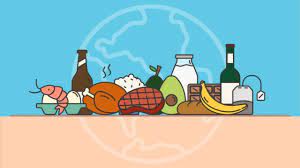 Grade Level: 3-12
Grade Level: 3-12
Duration: Varies
Description: This calculator from BBC News helps individuals calculate the environmental impact of the food they eat. Students will choose a food from a drop-down list and select the number of times per week they eat it to calculate the greenhouse gas emissions and water used to produce their annual intake of that food.
Food Carbon Footprint Calculator
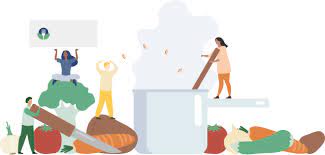 Grade Level: 3-12
Grade Level: 3-12
Duration: Varies
Description: This calculator from My Emissions lets individuals calculate the carbon emissions of their daily intake of food or of a particular recipe. With an extensive drop-down menu of foods to choose from and the ability to select the exact amount of food consumed, this calculator allows students to take a comprehensive look at the carbon emissions of their diets.
Eat Low Carbon Quiz
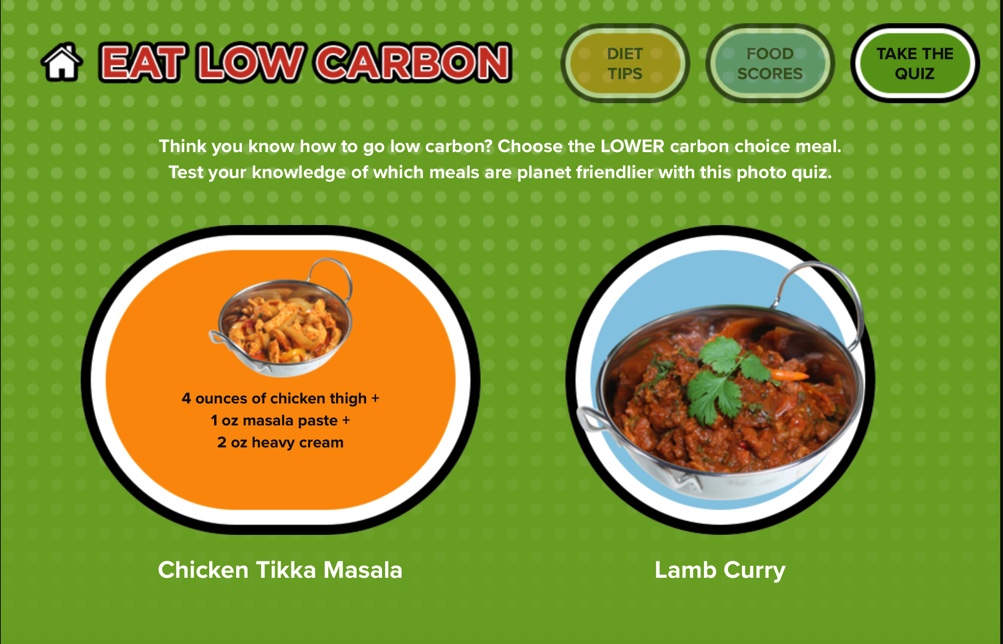 Grade Level: 3-12
Grade Level: 3-12
Duration: Varies
Description: This quick quiz gives students two meal options and asks students to select the one with lower carbon emissions. This quiz will help students to learn which types of food are better for the planet and why.
City Farm
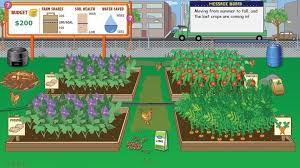 Grade Level: 3-12
Grade Level: 3-12
Duration: Varies
Description: In this game from WGBH, students will plant a virtual community garden and can collect the produce it yields. This game simulates the challenges and rewards that come with growing an urban farm, perhaps inspiring them to start a garden in their own community.